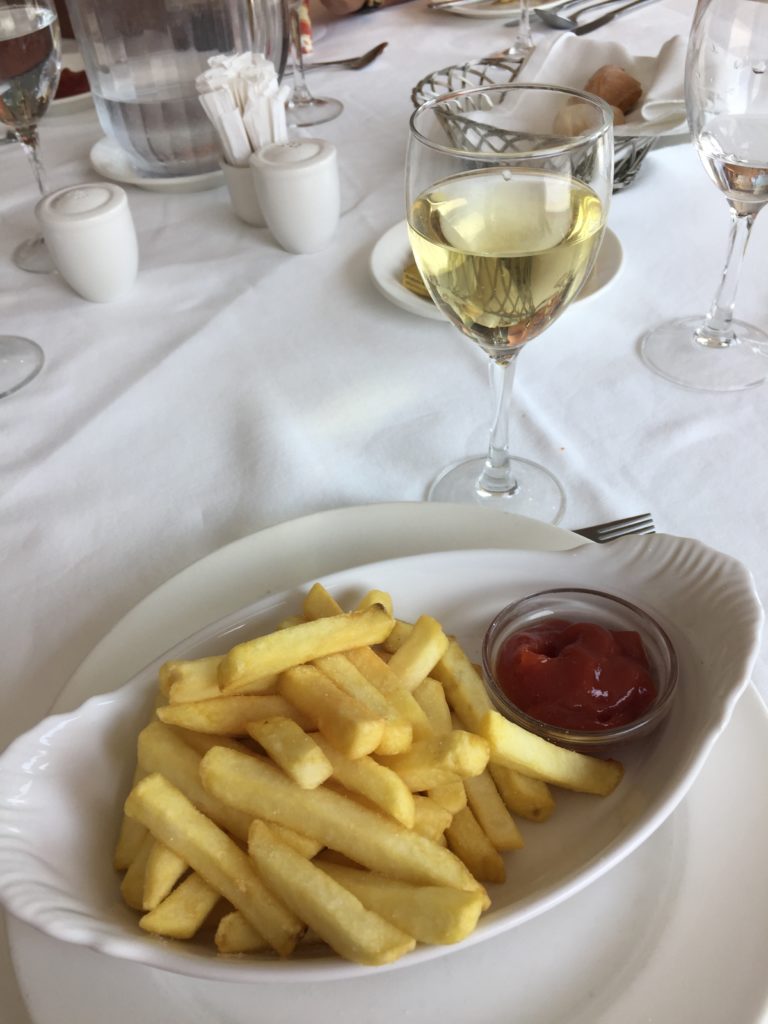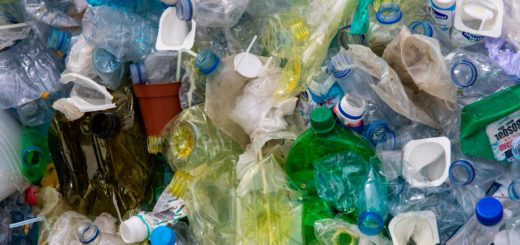You Are what You Eat
by Kathy Wills · Published · Updated

A surprising picture to put on a Kindergarten blog and a bold move to let you know that teachers actually drink.What ?!!! I picked this photo because this is actually what I ordered for lunch this summer. Adults are not that different from children , given a choice we will not always pick nutritious food. Nutrition education is primarily a parent’s job during Preschool and Kindergarten . (Remember, you are always the #1 educator in your child’s life! )
Although it is a nice idea to allow your child some input on snack and or lunch, I suggest making joint decisions . Nutrition should be discussed but do not miss the opportunity to teach your child about where the food grows and what it is made from. I do notice that if parents pack food without a child’s input ,more items will go uneaten or be thrown out. I suggest that parents tell their child to leave anything they do not like or do not eat in the lunch box , that way parents can see what their child eats and gauge the amount of food and type of food to pack .Nerves and metabolisms may be working fast at the beginning of Kindergarten. I notice kids have burned up breakfast and are hungry for snack after the first hour of school so a good breakfast and some protein at snack will help . Some kids do not eat much at school because they are so busy talking with friends and then the “play” whistle blows and off they go- starving because play is always the first choice. Food should be part of the ‘end of the day’ conversation at least in the beginning few weeks . Remember teachers do not see your kids at lunch and recess so we have no idea about this area of your child’s day. Just like in adults, however, food affects emotions, energy and focus so in the classroom , teachers may feel the affects of diet . Parents, help teachers out and make sure your child is eating at school.

Recent Comments